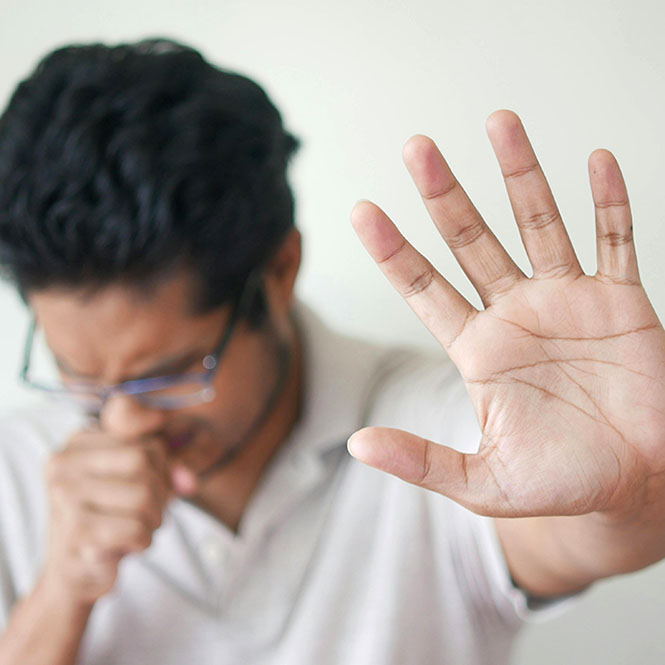April is Eye Allergy Month: Tips and Tricks for Relief
As spring blossoms in April, many of us look forward to longer days, blooming flowers, and warmer weather. However, for millions, this season also brings the discomfort of eye allergies. April is recognized as Eye Allergy Month, highlighting the importance of understanding and managing eye allergies to enjoy the beauty of spring without the pain.
Understanding Eye Allergies
Eye allergies, or allergic conjunctivitis, occur when the eyes react to allergens such as pollen, dust, pet dander, or mold. Symptoms can include redness, itching, swelling, tearing, and a burning sensation. These symptoms not only cause discomfort but can also interfere with daily activities.
Common Triggers
During April, pollen is the primary culprit behind eye allergies. Trees, grasses, and flowers release pollen into the air, which can easily come into contact with your eyes. Other triggers include:
- Dust Mites: Common in homes, dust mites can cause year-round allergies.
- Pet Dander: Proteins found in the skin flakes, urine, and saliva of pets can trigger allergic reactions.
- Mold: Mold spores, prevalent in damp areas, can be a potent allergen.
Tips for Managing Eye Allergies
- Limit Outdoor Exposure:
- Stay indoors during peak pollen times, typically in the morning and on windy days.
- Use air conditioning in your home and car to filter out allergens.
- Keep Windows Closed:
- Prevent allergens from entering your home by keeping windows and doors shut.
- Use high-efficiency particulate air (HEPA) filters in your home to reduce airborne allergens.
- Wear Sunglasses:
- Protect your eyes from pollen and other allergens by wearing wraparound sunglasses when outdoors.
- Practice Good Hygiene:
- Wash your hands frequently and avoid touching your eyes.
- Shower and change clothes after spending time outside to remove pollen from your body and clothing.
- Use Allergy Relief Eye Drops:
- Over-the-counter or prescription eye drops can provide relief from redness, itching, and swelling. Look for drops specifically formulated for allergy relief.
- Maintain a Clean Environment:
- Regularly clean your home to reduce dust mites and pet dander.
- Use a dehumidifier to prevent mold growth in damp areas.
- Consult an Eye Care Professional:
- If symptoms persist or worsen, seek advice from an eye care professional. They can recommend treatments such as antihistamines, decongestants, or prescription eye drops.
Natural Remedies
For those who prefer natural remedies, consider these options to alleviate eye allergy symptoms:
- Cold Compress: Applying a cold compress to your eyes can reduce itching and swelling.
- Saline Rinse: Rinsing your eyes with a saline solution can help flush out allergens.
- Chamomile Tea Bags: Soak chamomile tea bags in cold water and place them over your closed eyes for a soothing effect.
When to See a Doctor
While most eye allergies can be managed with over-the-counter treatments and preventive measures, certain symptoms warrant a visit to the doctor. Seek medical advice if you experience:
- Severe pain in the eyes
- Changes in vision
- Persistent redness or swelling
- Discharge from the eyes
Conclusion
April’s arrival brings both the joys of spring and the challenges of eye allergies. By understanding the triggers and taking proactive steps to manage symptoms, you can enjoy the season to its fullest. Remember, healthy eyes are essential for appreciating the beauty around us. Celebrate Eye Allergy Month by prioritizing your eye health and seeking the relief you deserve. With a few precautions and the right treatments, you can navigate through April’s allergens and enjoy the vibrant season with clear, comfortable eyes.
Schedule Regular Eye Exams
Regular eye check-ups are essential to maintain eye health. If you experience any persistent eye irritation, redness, or changes in vision after water activities, consult your eye care professional promptly. Click HERE or text us at 407-292-9812 to schedule an appointment!
Top image used under CC0 Public Domain license. Image cropped and modified from original.
The content on this blog is not intended to be a substitute for professional medical advice, diagnosis, or treatment. Always seek the advice of qualified health providers with questions you may have regarding medical conditions.

